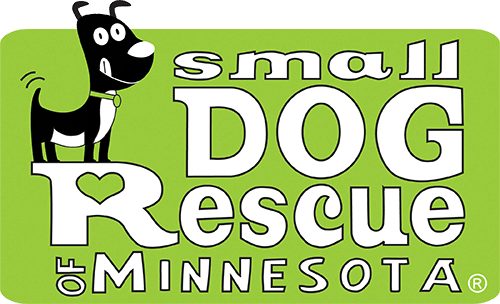 As a dog owner, you know that keeping your furry friend healthy is essential to their overall wellbeing. However, one aspect of dog health that often goes overlooked is dental care. Just like humans, dogs can suffer from a range of dental problems, which can lead to serious health issues if left untreated. That’s why dental procedures on dogs are so important to their health.
As a dog owner, you know that keeping your furry friend healthy is essential to their overall wellbeing. However, one aspect of dog health that often goes overlooked is dental care. Just like humans, dogs can suffer from a range of dental problems, which can lead to serious health issues if left untreated. That’s why dental procedures on dogs are so important to their health.
Dental problems are common in dogs of all ages and breeds, but they are particularly prevalent in small dogs. This is because small dogs have smaller mouths, which can lead to overcrowding and an increased risk of dental problems. Some of the most common dental problems in dogs include periodontal disease, tooth decay, and gingivitis.
Periodontal disease is a serious condition that affects the gums and teeth. It occurs when bacteria in the mouth form plaque, which can harden into tartar over time. If left untreated, periodontal disease can cause tooth loss, gum inflammation, and even bone loss in the jaw. In severe cases, it can even lead to systemic infections that can affect the dog’s overall health.
Tooth decay is another common dental problem in dogs. It occurs when bacteria in the mouth break down sugars and other carbohydrates, producing acid that can erode tooth enamel. Over time, this can lead to cavities, which can be painful and make it difficult for the dog to eat or drink.
Gingivitis is a condition that affects the gums, causing them to become inflamed and swollen. It is often caused by the buildup of plaque and tartar on the teeth, and can lead to periodontal disease if left untreated.
Fortunately, there are a range of dental procedures that can help prevent and treat these dental problems in dogs. One of the most common procedures is a dental cleaning, which involves the removal of plaque and tartar from the teeth. This is typically done under anesthesia to ensure that the dog remains still and comfortable throughout the procedure.
In addition to dental cleanings, there are a range of other dental procedures that may be recommended depending on the dog’s individual needs. For example, if a dog has a cavity or a damaged tooth, a filling or a tooth extraction may be necessary. In more severe cases of periodontal disease, surgery may be required to remove infected tissue and restore the health of the gums.
Overall, it’s important to remember that dental care is just as important for dogs as it is for humans. Regular dental cleanings and checkups can help prevent dental problems before they become more serious, and can ensure that your furry friend stays healthy and happy for years to come. So, if you haven’t already, be sure to schedule a dental appointment for your furry friend today. Your dog will thank you for it!

If you'd prefer to mail your donation check, please send it to:
Small Dog Rescue of Minnesota
P.O. Box 7773
Rochester, MN 55903
Thank you! We (and the dogs) appreciate your donation!
Get a free pet insurance quote from Health Paws and help a homeless pet today!


